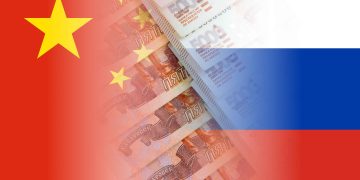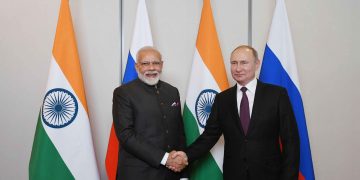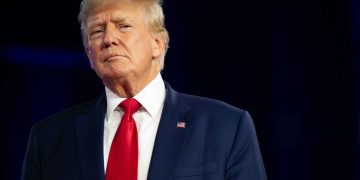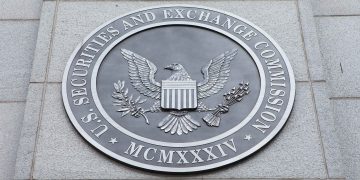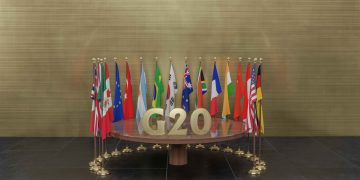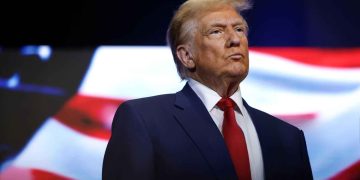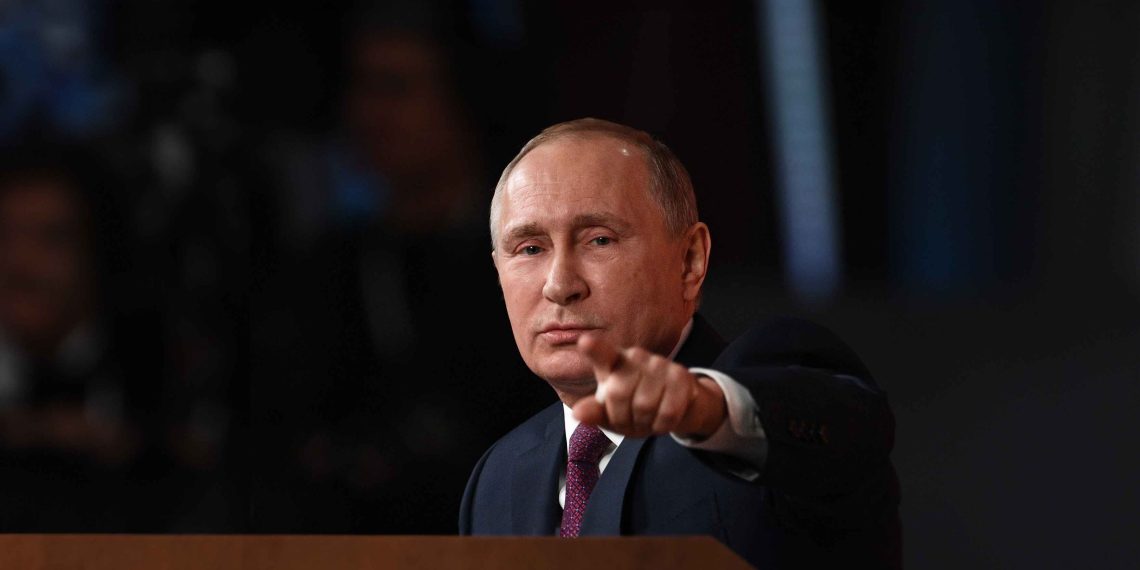During his first year-end press conference since the war in Ukraine began, Russian President Vladimir Putin reaffirmed that peace would not be possible until Russia’s strategic objectives in Ukraine are fully met. His remarks on December 14 came as he officially confirmed his candidacy for the upcoming March 2024 presidential election, a race he is widely expected to win, which could extend his leadership until 2030.
Putin emphasized that Russia’s demands for Ukraine’s “demilitarization” and its adoption of a neutral status remain critical for any peace agreement. He reiterated that these conditions, which also include what he referred to as Ukraine’s “denazification,” are non-negotiable. “Either we agree on this, or we resolve the issue through military means,” Putin stated, signaling Russia’s intention to continue military operations until its goals are achieved.
Russia’s Justification for War
According to Putin, the Ukrainian government is dominated by what he described as radical nationalist elements, which Moscow refers to as neo-Nazis. This narrative has been a key justification for Russia’s invasion, despite being dismissed by Ukraine and its Western allies. Putin also underscored that Ukraine should never join NATO, claiming that Ukraine’s growing ties with the Western alliance were a key trigger for the conflict.
Putin revealed that Russia currently has approximately 617,000 soldiers stationed in Ukraine, including 244,000 who were called up through a national draft. Despite the sizable military presence, Putin noted there is no immediate need for additional mobilization, pointing out that 486,000 individuals have volunteered for military service since last year’s draft.
Ukraine’s Losses and Limited Territorial Gains
Putin also discussed the ongoing military situation, highlighting that Ukraine has suffered substantial losses, particularly in its efforts to establish positions on the eastern side of the Dnipro River in the Kherson region. He referred to these attempts as a “tragedy” for Ukraine, pointing out that while the frontlines have experienced limited shifts, Ukraine’s counteroffensive since June has yielded only modest progress.
Despite occupying nearly one-sixth of Ukraine’s territory, Russia has not fully secured control over the four Ukrainian regions it claimed as its own in 2022. Nevertheless, Putin deflected blame, arguing that NATO’s actions, including pushing for Ukraine’s membership and moving military assets closer to Russia’s borders, had “forced” Russia to intervene.
Russia’s International Relations Amid the Ukraine Conflict
Putin also touched on Russia’s broader international relationships, particularly its close cooperation with China. He highlighted the importance of maintaining key global institutions like the United Nations, specifically emphasizing the veto power of the UN Security Council’s permanent members, which includes Russia.
On other global issues, Putin expressed his hope for an early 2024 meeting with Turkish President Recep Tayyip Erdogan to discuss the ongoing humanitarian crisis in Gaza. He also commented on Argentina’s economic policies, particularly newly elected President Javier Milei’s plans to dollarize Argentina’s economy, warning that such a move could compromise the country’s sovereignty.
Russia’s Participation in the 2024 Olympics
The Russian president also addressed the topic of Russia’s involvement in the 2024 Paris Summer Olympics. While he did not oppose Russian athletes participating in the games, he voiced concerns about the conditions under which they would compete. The International Olympic Committee (IOC) has allowed Russian and Belarusian athletes to participate as neutrals, without displaying their national flags or anthems. Putin criticized these terms, stating, “If the purpose of these rules is to portray Russian sport as declining, then we must carefully consider whether we should participate at all.”
Future of the Ukraine Conflict
As the conflict in Ukraine approaches its second year, Putin’s remarks underline his firm stance on continuing military operations until Russia’s strategic objectives are fully achieved. His insistence that peace can only be reached on Russia’s terms, including Ukraine’s demilitarization and neutrality, suggests that the war is likely to continue into the foreseeable future.
With his presidential campaign now officially underway, Putin’s re-election seems all but certain, solidifying his leadership and the potential for Russia’s involvement in Ukraine to extend well beyond 2024. The outcome of this conflict, and its impact on global relations, remains one of the most pressing geopolitical challenges of our time.



